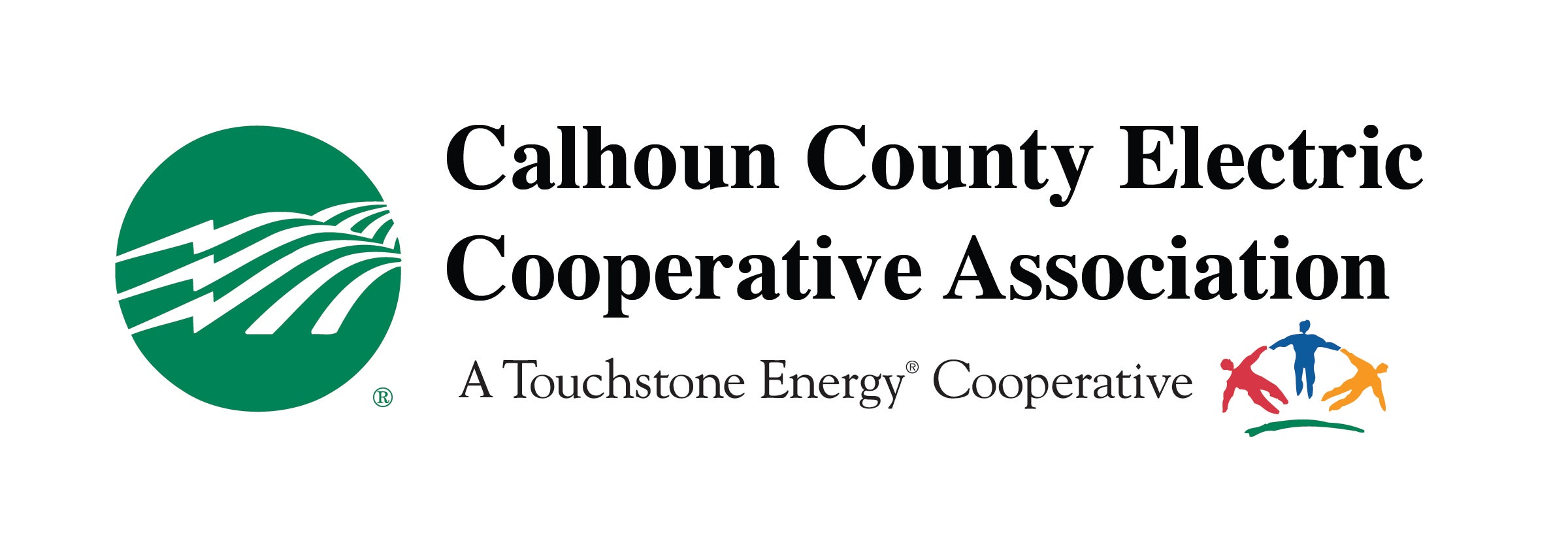Be prepared for a power outage and place these items in a tote:
-
flashlights and extra batteries
-
battery-powered weather radio
-
plenty of water — the American Red Cross suggests one gallon per person per day
-
high-energy foods that don't require refrigeration or cooking
-
a non-electric can opener
-
a week's worth of medicines
-
first-aid supplies
-
wipes for hand cleaning
-
extra baby items and pet supplies
During an Outage
-
Call CCECA toll-free at 800-821-4879 to report the outage.
-
Turn off the stove, oven, and other appliances (except the refrigerator and freezer, unless they're empty) to prevent heavy startup loads that could cause secondary blackouts when power is restored.
-
Unplug sensitive electronic equipment such as computers, TVs, and other home entertainment equipment to avoid damage to them when power is restored.
-
Keep refrigerator and freezer doors closed to prevent food from spoiling.
-
Follow safety instructions if using a backup generator.
-
Leave one light turned on, so you'll know when the power is restored.
Tips for a Winter Outage
-
Settle in a room on the warm side of the house, away from prevailing winds.
-
If you have an unvented, fuel-burning space heater, place it on a level, non-flammable surface. Cross-ventilate by opening a window an inch on each side of the room. Never leave a space heater unattended.
-
If temperatures fall to near freezing in your home, open all faucets so they drip.
-
Close off as many rooms as possible, unless you need to ventilate a space heater.
-
Don't use cooking equipment to create heat.
-
Use the fireplace if you have one.
Tips for a Summer Outage
-
Dress in loose, lightweight clothing.
-
Stay on the coolest, lowest level of your home.
-
Use natural ventilation to cool homes, and consider purchasing battery-powered fans.
-
Drink plenty of water.
-
Use safe, alternative food preparations, like an outdoor grill.
-
Check on friends and relatives, especially children, seniors, and those with medical conditions or disabilities.

